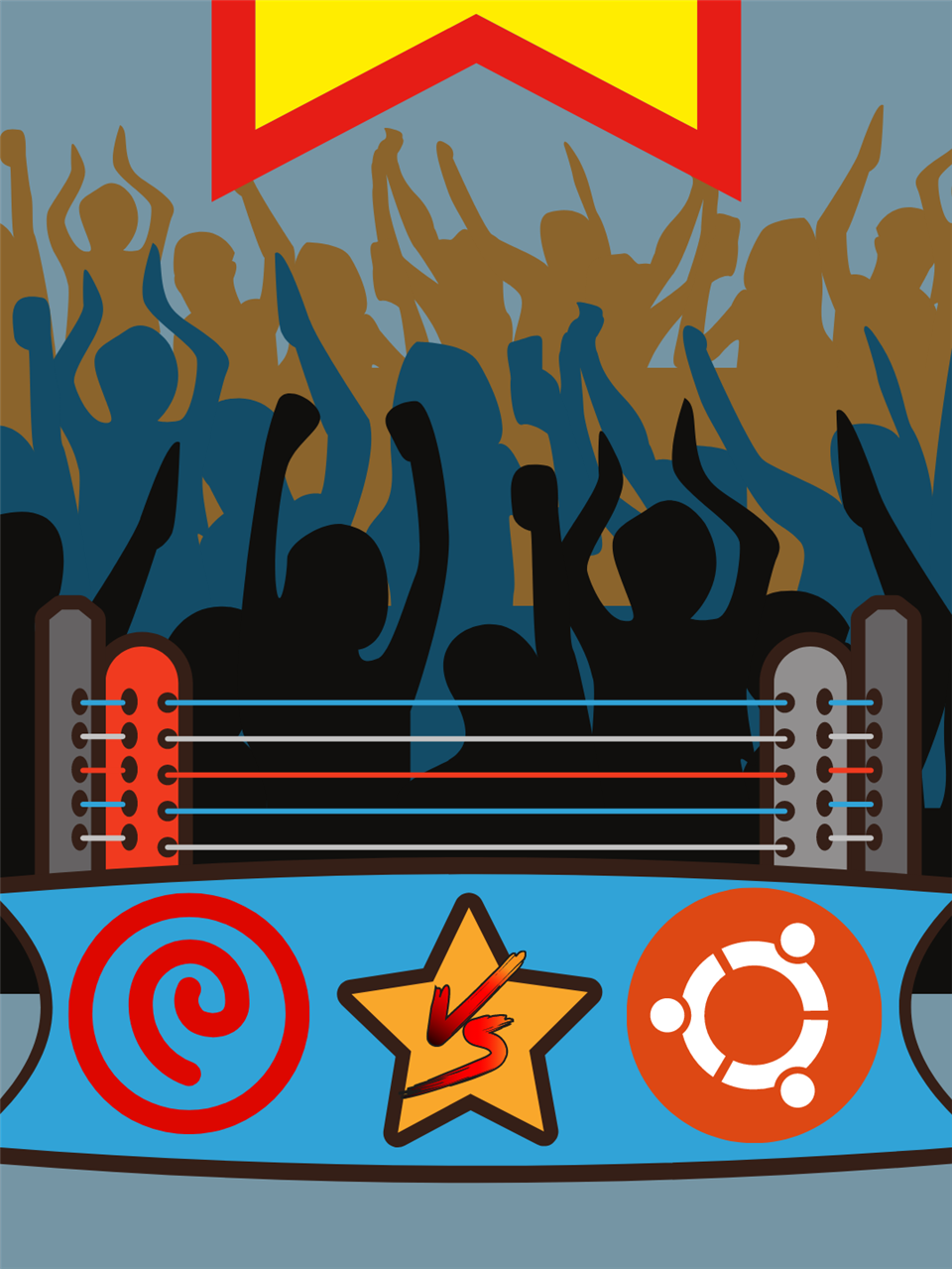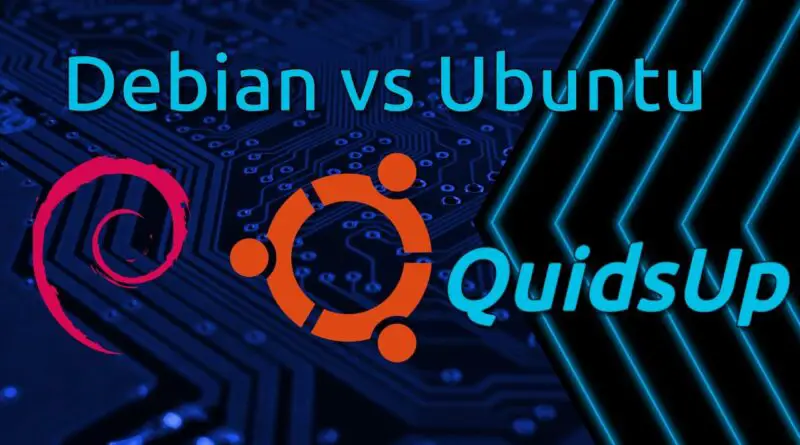Ubuntu LTS vs. Debian Stable: Long-Term Support Showdown

In the realm of Linux distributions, stability and long-term support are two highly valued qualities. Ubuntu LTS and Debian Stable stand out as prime examples of distributions that prioritize these aspects, making them ideal choices for enterprise and mission-critical applications. While both share similarities in their long-term support models, they also possess distinct characteristics that cater to different user needs.

Ubuntu LTS

Ubuntu Long Term Support (LTS) releases are published every two years and receive official support for five years after their release. These releases provide stability and continuity, making them well-suited for production systems that require a long lifespan without major disruptions. Ubuntu LTS includes security updates, essential bug fixes, and limited new features to maintain stability.
Features of Ubuntu LTS:
- Predictable release cycle with long-term support
- Wide hardware compatibility
- User-friendly desktop environment (Unity or GNOME)
- Extensive software repository with various packages
- Commercial support options available
Debian Stable
Debian Stable, on the other hand, operates on a different release cycle. It follows a rolling release model, where new versions of software packages are continuously added while older packages are removed. Debian Stable releases undergo rigorous testing to ensure stability before being included in the distribution, providing a highly stable and robust environment.
Features of Debian Stable:
- Rolling release model with constant updates
- Even longer support period than Ubuntu LTS
- Lower hardware compatibility (focused on supporting stable architectures)
- Command-line interface is the primary interface
- Ideal for server deployments where stability is paramount
Choosing Between Ubuntu LTS and Debian Stable
The choice between Ubuntu LTS and Debian Stable depends on the specific requirements of your project or organization.
Ubuntu LTS:
- Consider Ubuntu LTS if you need a stable and predictable release cycle, wide hardware compatibility, and an extensive software repository. It is suitable for desktops, laptops, and servers where a user-friendly interface is preferred.
Debian Stable:
- Opt for Debian Stable if your focus is on maximum stability, a rolling release model for continuous updates, and an emphasis on server deployments. It is ideal for environments where reliability is essential, and graphical user interfaces are not necessary.
Both Ubuntu LTS and Debian Stable are excellent choices for long-term support and stability. By understanding their differences, you can make an informed decision based on your specific needs, ensuring a smooth and reliable experience for your Linux systems.

This is a hard choise, i’ts depend on what you are going to do maybe Debian is the best option but in the other hand Ubuntu is really easy to use XD
I just want to say that i think you need to consider the needs of the project your working on. Both Distro’s are outstanding for long term suport. We are using Ubuntu server in production for more than 5 years now and we didn’t face any major problems.
Many years ago i was a Debian user and i have to say that it was really solid, but when i tried Ubuntu (10.04) my live changed LOL, i liked it a lot, not only because its graphical interface but also beacuse the big comunity that you have behind Ubuntu, this help you a lot to resolve your problems, finally i have to say that i’m using Ubuntu for all, my server, my workstation and even my mother computer
Well i think both are bad options, i will choose centos for ever, is more stable than all other distros
Debian is more old than Ubuntu and for that reason there is more software available for this distro and the comunity is bigger, Ubuntu is a good option too but it feels like Debian with a GUI
These two linux distribution are focused on stability, for that reason they ate only recommeded for servers, on the other hand if you want a linux distro for desktop maybe you want to consider Fedora or another distro with a more rolling release cicle
This article is not good, is biased towards Ubuntu and only talks about security and stability, what about other things? for example if you want a easy to use distro maybe Ubuntu is the best option
I want to add that in the latest versions of Ubuntu they have introduced a new feature called fractional scaling, this is a really nice feature that allows you to scale the interface to any size you want, this is really usefull for high resolution screens
Long Term Support or LTS is really usefull for servers or other kind of systems that need to be stable for a long time, What do you think about rolling release distros like Arch Linux or Fedora? are them a good option for servers?